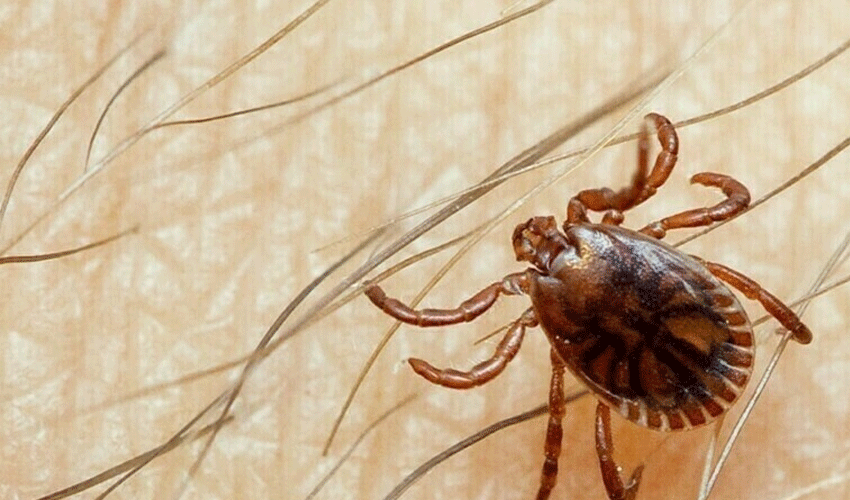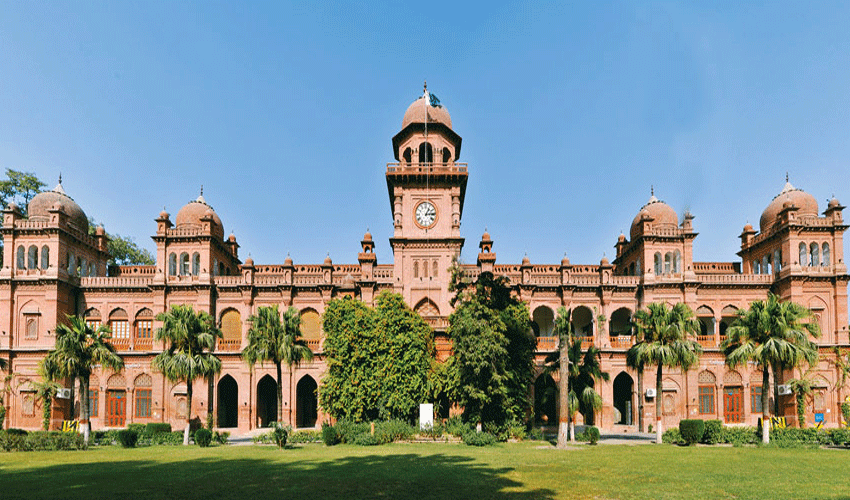Trials for a lung cancer vaccine have begun in seven different countries. This might transform the way the fatal illness is treated and potentially avoided.
The vaccine, which can eradicate lung cancer and stop it from coming back, was administered to Janusz Racz, 67, as the first patient in Britain.
The vaccination, known as BNT116, is intended to treat non-small cell lung cancer, or NSCLC, which is the most prevalent type of cancer. Racz received BioNTech's mRNA cancer immunotherapy for non-small cell lung cancer (NSCLC) at University College London Hospital.
34 research sites spread across seven countries—the UK, the United States, Germany, Hungary, Poland, Spain, and Turkey—have joined the trial. The phase 1 clinical trial is being conducted at six sites in Wales and England.
Thirty of the 130 individuals included in the human trials will be from Britain.
Lung cancer, which has a very low survival rate when tumours spread, is the most common cause of cancer-related deaths worldwide, accounting for over 1.8 million deaths annually.
There are around 48,500 instances of lung cancer annually in the UK alone. Tobacco use accounts for up to 72% of lung cancer cases, making it the leading avoidable cause of cancer globally.
How does the cancer vaccine work?
According to a story in the Guardian newspaper, the vaccination 'instructs' the body to seek out and kill cancer cells, preventing them from ever coming back.
"The jab uses messenger RNA (mRNA), similar to Covid-19 vaccines, and works by presenting the immune system with tumour markers from NSCLC to prime the body to fight cancer cells expressing these markers," according to a Guardian article.
Professor Siow Ming Lee of the University College London Hospitals NHS Foundation Trust (UCLH) stated, "We are now entering this very exciting new era of mRNA-based immunotherapy clinical trials to investigate the treatment of lung cancer."
“It’s simple to deliver, and you can select specific antigens in the cancer cell, and then you target them. This technology is the next big phase of cancer treatment.”



























